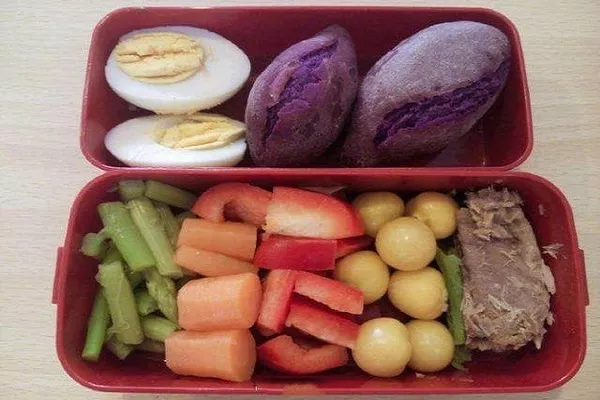As a nursing mom, losing weight can be a challenging task. On the one hand, you want to ensure that you are providing your baby with all the necessary nutrients through breast milk. On the other hand, you want to shed the extra pounds gained during pregnancy. In this article, we will discuss the nursing mom diet to lose weight.
The Importance of a Balanced Diet While Breastfeeding
When you are breastfeeding, it is essential to maintain a balanced diet to ensure that your baby is getting all the necessary nutrients. A balanced diet should include protein, carbohydrates, healthy fats, vitamins, and minerals. You should aim to consume 1800-2000 calories per day, depending on your activity level and age.
Protein is essential for repairing and building tissues in your body. Lean protein sources like chicken, fish, turkey, and lean beef are excellent sources of protein. If you are a vegetarian, you can get protein from sources like tofu, legumes, and nuts.
Fruits and vegetables are great sources of vitamins and minerals that are essential for you and your baby’s health. Fruits and vegetables also provide fiber, which aids digestion and helps you feel full for longer.
Healthy fats are important for your baby’s brain development. Foods like avocado, nuts, and olive oil are healthy fats that are essential for your baby’s development. These fats also provide satiety, which can help you avoid overeating.
Whole grains are excellent sources of complex carbohydrates. These carbohydrates provide energy and help you feel full for longer periods. Foods like brown rice, whole wheat bread, and oatmeal are excellent sources of whole grains.
Foods to Include in a Nursing Mom Diet
The following foods are recommended for nursing moms who are trying to lose weight:
- Lean protein: Foods like chicken, fish, turkey, and lean beef are excellent sources of protein.
- Fruits and Vegetables: These are great sources of vitamins and minerals that are essential for you and your baby’s health.
- Healthy Fats: Foods like avocado, nuts, and olive oil are healthy fats that are essential for your baby’s brain development.
- Whole Grains: Foods like brown rice, whole wheat bread, and oatmeal are excellent sources of complex carbohydrates.
- Low-Fat Dairy Products: These are excellent sources of calcium, which is essential for your baby’s bone development. Foods like milk, yogurt, and cheese are good sources of low-fat dairy products.
Foods to Avoid in a Nursing Mom Diet
While some foods can aid in weight loss, others can hinder your progress. The following foods should be avoided or limited in a nursing mom’s diet:
- Processed Foods: These foods are often high in calories and low in nutrients. They can also contain preservatives and additives that can be harmful to your baby.
- Caffeine: While moderate caffeine intake is safe, excessive caffeine can cause irritability and difficulty sleeping in your baby. It is recommended to limit caffeine intake to less than 200mg per day.
- Alcohol: Alcohol should be avoided while breastfeeding. Even small amounts can pass through breast milk and affect your baby’s development.
- High-Mercury Fish: Fish like shark, swordfish, king mackerel, and tilefish contain high levels of mercury, which can be harmful to your baby’s brain development. It is recommended to limit the intake of these fish.
Tips for Successful Weight Loss While Breastfeeding
- Eat frequently: Eating smaller meals more frequently can help keep your metabolism high and prevent overeating. It is recommended to eat 5-6 small meals per day.
- Stay Hydrated: Drinking plenty of water can help you stay full and avoid overeating. It is recommended to drink at least eight glasses of water per day.
- Get Enough Sleep: Lack of sleep can increase hunger hormones and decrease fullness hormones, leading to overeating. It is recommended to aim for 7-8 hours of sleep per night.
- Incorporate Exercise: Regular exercise can help boost your metabolism and aid in weight loss. It is recommended to aim for 150 minutes of moderate-intensity exercise per week.
- Seek Support: Losing weight can be challenging, but seeking support from family, friends, or a healthcare professional can make a significant difference in your weight loss journey.
Losing weight while breastfeeding can be challenging, but it is possible with the right diet and lifestyle changes. A balanced diet that includes lean protein, fruits and vegetables, healthy fats, and whole grains is essential for your baby’s health and your weight loss goals. Avoiding processed foods, limiting caffeine and alcohol intake, and avoiding high-mercury fish can also aid in weight loss. Incorporating healthy habits like eating frequently, staying hydrated, getting enough sleep, exercising regularly, and seeking support can make a significant difference in your weight loss journey. Remember to consult with your healthcare provider before making any significant changes to your diet or exercise routine while breastfeeding.


